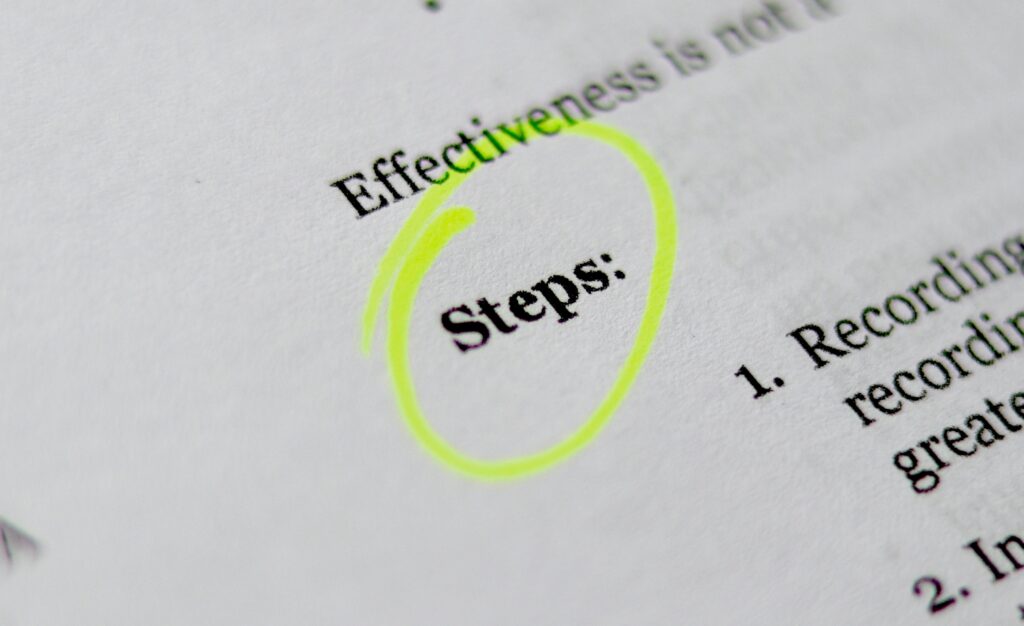In today’s digital age, freelancers have become an integral part of the global workforce. With the rise of remote work and the gig economy, the need for effective time management and tracking has never been more crucial. Employers and clients want to ensure they’re getting their money’s worth, and freelancers want to prove their dedication and hard work. However, this has led to the adoption of time tracking software, which, while beneficial in some aspects, has its set of challenges for the freelancers.
The essence of freelancing is its flexibility and autonomy. Yet, with stringent time tracking, the very core of freelancing is often compromised. This article delves deep into the world of time tracking, its implications for freelancers, and introduces a potential tool that could be the game-changer in this scenario.
The Rise of Time Tracking Software
Time tracking software has been around for a while, evolving with the changing dynamics of the workplace. Initially designed to monitor in-house employees and optimize productivity, these tools soon found their way into the freelancing world. Employers saw the benefits – transparency, accountability, and optimized billing. Popular software like Time Doctor became the go-to for many companies hiring freelancers.
However, as with any tool, its effectiveness is determined by its application. While time tracking software offers insights into work patterns and productivity metrics, it doesn’t always paint the full picture, especially in the freelancing world.
The Downside of Time Tracking for Freelancers
For freelancers, the constant monitoring can feel like a sword hanging over their heads. Every minute counts, and the pressure to always be “active” can be overwhelming. This often leads to unnecessary stress, burnout, and a decrease in overall creativity and productivity.
Moreover, the nature of some freelance jobs doesn’t align with constant computer activity. A graphic designer might spend hours brainstorming a concept away from the screen, or a writer might be drafting on paper before digitizing their work. Yet, time tracking software would label these as ‘inactive’ periods, potentially affecting the freelancer’s pay or reputation.
The Need for Flexibility in Freelancing
Freelancing is not a typical 9-5 job. It’s sporadic, requires bursts of creativity, and often involves non-linear workflows. There are moments of intense activity followed by periods of reflection, research, or even waiting for client feedback. All these are essential parts of the process and should be recognized as such.
Trust plays a pivotal role in a freelancer-client relationship. While tools and software can provide data, understanding the nature of freelance work and respecting its nuances is crucial for a healthy working relationship.
Introducing a Potential Solution
In the vast sea of tools and software, some are designed keeping the freelancer’s perspective in mind. One such tool, without delving too deep, is IdleBuster. It offers features that align with the sporadic nature of freelance work, ensuring that genuine work periods are recognized, even if they don’t involve constant computer activity.

Tips for Ethical Use of Time Management Tools
While tools like IdleBuster offer a solution, it’s essential to use them ethically. Transparency with employers is crucial. If there are periods of inactivity due to the nature of the work, it’s better to communicate that upfront.
Moreover, while these tools offer a way to balance the scales, they should not be an excuse for genuine procrastination or lack of work. The goal is always to deliver quality work within the stipulated time. Tools should aid the process, not define it.
Most Commonly Asked Questions
Time tracking software provides transparency and accountability, allowing employers to monitor work hours and optimize billing. It also gives freelancers a tool to prove their dedication and work hours.
Constant monitoring can lead to stress, pressure, and burnout. The need to always appear “active” can hinder creativity and lead to decreased overall productivity.
Yes, jobs like graphic designing, content writing, or any creative role might involve brainstorming, sketching, or drafting away from the computer. These are essential parts of the process but might not involve constant computer activity.
Trust ensures a healthy working relationship. While tools provide data, understanding the nature of freelance work and respecting its nuances is essential. Trusting that a freelancer is working, even during inactive periods, can lead to better work quality and job satisfaction.
Open communication is key. Freelancers can explain their work process, mention periods when they might be away from the screen but still working, and regularly update employers on progress.
While tools can balance the scales, they should not be an excuse for genuine procrastination or lack of work. It’s essential to use them ethically and maintain transparency with employers.
When done right, time tracking can provide insights into work patterns, optimize billing, and ensure that freelancers are paid for their work hours. It’s all about understanding and effective communication.
Yes, by understanding the nature of freelance work, using tools ethically, and maintaining open communication with employers, a balance can be achieved.
Every freelancer has a unique work pattern, and recognizing that is crucial. Data can provide insights, but understanding and respecting the human element can lead to a fruitful working relationship.
By maintaining a consistent work log, using time tracking tools effectively, and being transparent with employers about their work process.
Conclusion
Time tracking, when done right, can be beneficial for both freelancers and employers. It’s all about understanding, trust, and effective communication. In a world driven by data, it’s essential to remember the human element in freelancing. After all, every freelancer has a unique work pattern, and recognizing that can lead to a fruitful working relationship.




